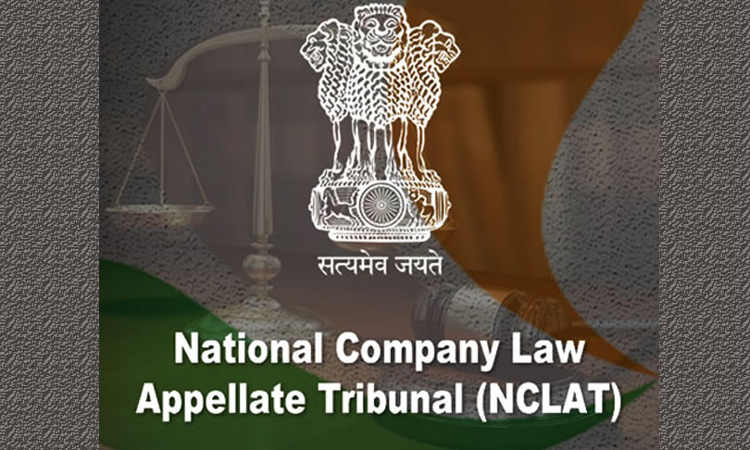Centre Creates 6 Additional Posts Of NCLAT Members For Circuit Benches
akanksha jain
28 April 2019 10:32 PM IST

Next Story
28 April 2019 10:32 PM IST
The National Company Law Appellate Tribunal (NCLAT), which is currently functioning from New Delhi, is likely to have circuit benches soon with the Centre having created six additional posts of its Members. In response to an RTI query, the Ministry of Corporate Affairs has said that "in order to set up circuit benches, 6 additional posts of Members of NCLAT have been created by...
